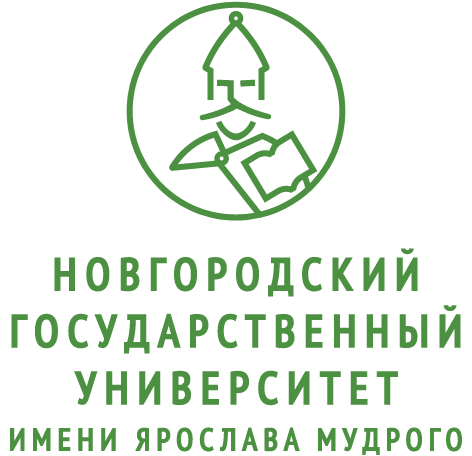Инновации в области оценки: семантические трансформации неологических универбов
DOI:
https://doi.org/10.34680/VERBA-2023-1(6)-48-60Ключевые слова:
универбация, универб, словообразование, лексическая семантика, коннотацияАннотация
В статье рассматриваются изменения семантической структуры неологических производных существительных, образованных способом универбации. Основное внимание уделяется анализу семантических трансформаций, происходящих в универбах, мотивированных высокочастотными в современном русском языке прилагательными. Поскольку анализируемые производные в своих конкретно-предметных значениях восходят к устойчивым атрибутивно-субстантивным словосочетаниям, в настоящей работе соответствующие лексемы рассматриваются как образованные способом универбации. В то же время отмечается, что словообразовательный статус отадъективных производных с предельно широким значением является неопределенным, поскольку их невозможно соотнести с конкретной неоднословной номинацией. Как представляется, активизация процесса повторной деривации универбов связана с уникальным свойством универбации как способа словообразования – отсутствием именного компонента производящего атрибутивно-субстантивного словосочетания в морфемной структуре производного. В ходе анализа контекстов употребления универбов в Национальном корпусе русского языка выделены два типа семантических изменений, порождаемых повторной реализацией словообразовательной модели. К первому типу относится специализация значения, имеющая следствием возникновение нового предметного лексико-семантического варианта, ко второму – появление предельно широкого признакового значения вследствие утраты дифференциальных семантических признаков и конкретной денотативной отнесённости. Большинство рассматриваемых универбов совмещает в пределах одной лексемы значения лица и предмета. Предметное или признаковое значение является первичным, значение лица – вторичным. Анализируемые процессы рассматриваются как языковое проявление идеологических и понятийно-концептуальных изменений в лексике, обусловленных социальными изменениями рубежа ХХ–ХХI столетий. Мотивированные «модными» прилагательными универбы являются востребованным в языке СМИ и разговорной речи средством номинации и оценки актуальных реалий, выражающих ценности общества потребления: идею высокого социального статуса, коммерческого использования, демонстративной успешности и т.п.
Скачивания
Загрузки
Опубликован
Как цитировать
Выпуск
Раздел
Лицензия
Copyright (c) 2023 Verba

Это произведение доступно по лицензии Creative Commons «Attribution-NonCommercial» («Атрибуция — Некоммерческое использование») 4.0 Всемирная.








